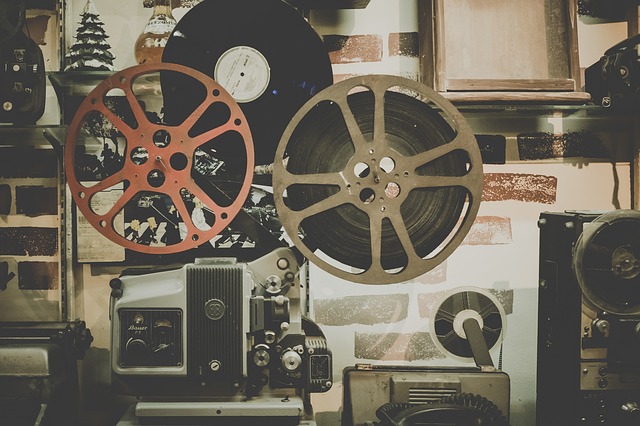Not many are aware that England’s theaters went through a dark period, after Cromwell’s Parliamentarians passed a law that banned theaters and actors. .
The law was supposed to be in effect only for a period of five years. However, when the Parliamentarians emerged victorious in the civil war against loyalists of the Royal Family during the 17th century, the theater ban was replaced with a much stricter law. At that time, Cromwell had been named the head of the revolutionary government known as the Commonwealth of England, Scotland and Ireland, whilst conferred with the title Lord Protector.
After the expiration of the theater ban, Cromwell’s revolutionary government continued to carry on with their objective of expunging theatrical presentations in English culture. Then Lord Protector Oliver Cromwell, who was himself a Puritan, had agreed with the views of his parliament allies in their perception of theaters as sinful. The puritanical Parliamentarians passed a stricter law that not only banned theaters but declared all actors as “rogues” as well
The new law specifically banned performances of all Shakespeare’s plays in play houses, and had sought the destruction of prominent theatrical establishments like The Globe Theater. This particular theater house was popular because the playhouse used different lighting tools to illuminate the entire stage performance.
Oil lamps and crude hanging lamps with lighted candles inspired English innovators to include artistry in their creation, which brought about the development of chandeliers in modern times.
Cromwell’s rule was indeed a dark period in England’s theater history as any actor caught or suspected of violating the prohibition was arrested and whipped, while members of the audience caught witnessing the forbidden performance were slapped with fines.
Light at the End of the Dark Period
In 1658, Oliver Cromwell then aged 59, died of malarial fever combined with complications of a kidney disorder.
Cromwell’s death signalled the return of the British monarchy and the defeat of the Puritan Parliamentarians. In 1660, when King Charles II’s sovereignty over England was restored, the law banning theaters, theater performances and actors was likewise, abolished.
As lighting up the stage had proved important in stage presentations, English theaters began adopting lighting systems. Several centuries later, The Drury Lane Theatre became the first gas-lit theater in England.
Lighting systems have since been revolutionised, having been found quite useful in mankind’s advancements during the industrial era, and onward toward the age of computerization.
The latter brought about the development of LED lights. In fact, today’s modern lighting systems include grow lights for plants to which the recommended 600w led lights have proved to be the most efficient in promoting indoor plant growth.




